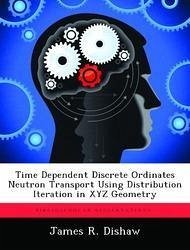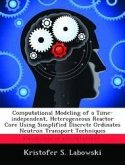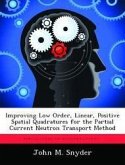The DI algorithm is an alternative to source iteration that, in our testing, does not require an accelerator. I developed a formal verification plan and executed it to verify the results produced by my code that implemented DI with the above features. A new, matrix albedo, boundary condition treatment was developed and implemented so that infinite-medium benchmarks could be included in the verification test suite. The DI algorithm was modified for parallel efficiency and the prior instability of the refinement sweep was corrected. The testing revealed that DI performed as well or faster than source iteration with DSA and that DI continued to work where DSA failed. Performance did degrade when the diamond-difference (without fixup) spatial quadrature was used. Because diamond-difference is a non-positive spatial quadrature, it can produce nonphysical negative fluxes, particularly in higher dimensions. I developed a new fixup scheme to accommodate the negative fluxes, but it did not improve performance in XYZ geometry when the scattering ratio was near unity.
Hinweis: Dieser Artikel kann nur an eine deutsche Lieferadresse ausgeliefert werden.
Hinweis: Dieser Artikel kann nur an eine deutsche Lieferadresse ausgeliefert werden.








